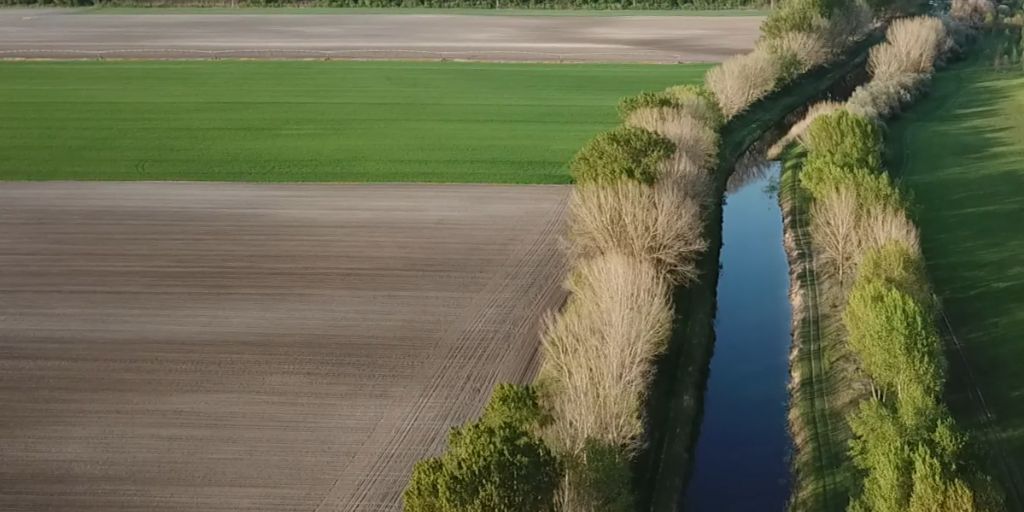
When: 12 June 2023
The 2022 drought demonstrated what experts have known for years, that Europe’s next crisis will be about water. Ill-considered water management practices, damming, irrigation, and overuse of subsurface water have damaged entire landscapes on our continent.
Hungary was the land of waters, but today it is affected by desertification. The Recovery Plan addresses the issue but is the planned solution effective? What are the alternatives?
Programme:
- 150 years of water management in the Great Hungarian Plain
- Biodiversity and the Recovery Facility
- Premiere of our short film on water retention in Hungary
- Roundtable with experts
- Questions and answers
The discussion touched on the subject of tensions between sectors. Experts agree that water retention is necessary but differ on methods. Engineers prefer technological solutions, while conservationists push for nature-based solutions. Farmers want water when it’s scarce and drainage when it’s in excess. One key challenge identified by experts is stakeholder involvement and cooperation for better landscape management. For some large-scale water retention projects that involve flooding an area, so many conflicts of interest arise that few organisations are ready or capable of managing such a situation.
One way to reduce and manage conflicts is to create a forum for discussion and joint decision. The water management committee established by the National Recovery and Resilience Plan is one such forum.

